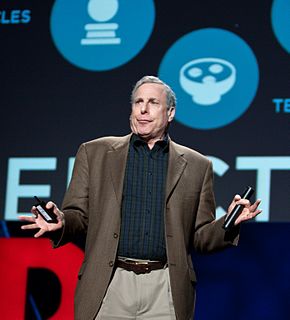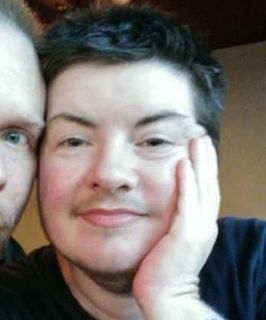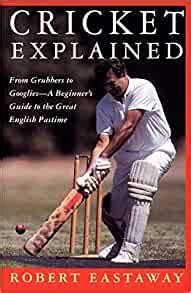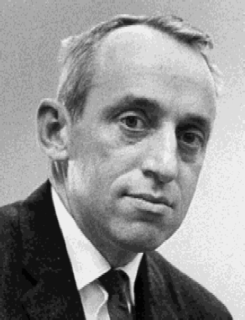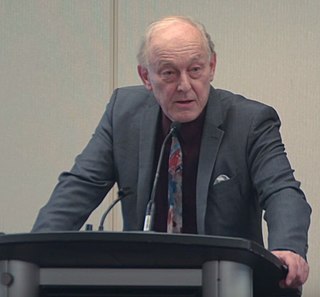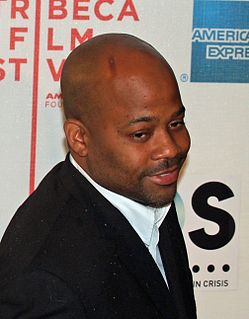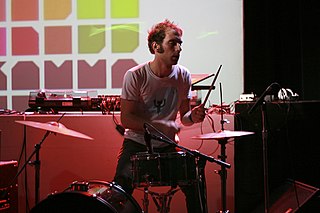A Quote by Dave Hickey
My mother was an economics professor. I'm proficient in math, and statistics, game theory, symbolic logic and all of that.
Quote Topics
Related Quotes
There's a tendency for adults to label the math that they can do (such as identifying patterns, choosing between competing offers in a supermarket, and challenging statistics published by the government) as "common sense" and labeling everything they can't do as "math" - so that being bad at math becomes a self-fulfilling prophecy.


